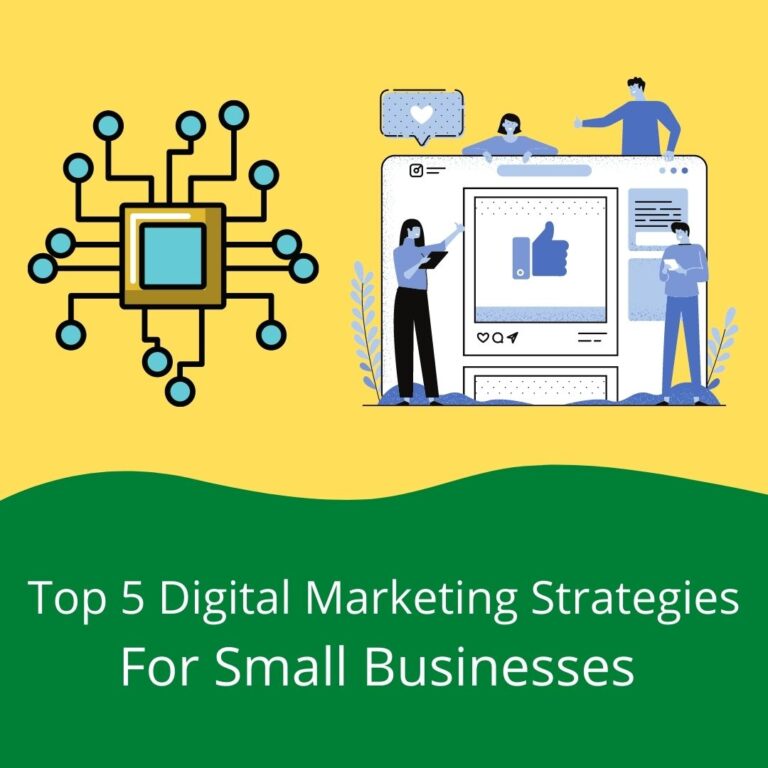
impression
“That’s it,” I muttered, closing my laptop after reading the dreaded email subject line: Thank you for your interest, but…. Another rejection. Another role I thought I had in the bag, only to realize they’d gone with someone else. Cue the spiral of self-doubt.
“Am I just not good enough? Maybe I should’ve said more about my leadership experience. Or was it my awkward answer about my biggest weakness? Ugh. This is pointless.”
Sound familiar? If you’ve been on the job hunt for any length of time, you’ve probably had similar thoughts. Job rejection is hard. It’s discouraging, it’s frustrating, and—let’s be honest—it can feel deeply personal. But what if I told you rejection doesn’t have to be the end of the road? What if it’s actually an opportunity to grow, recalibrate, and (yes) come back stronger?
Let’s have a little internal debate about this whole resilience thing, shall we?
The Inner Critic: “Maybe I’m Just Not Cut Out for This…”
I get it. After enough rejection emails, it’s easy to start questioning whether you’re even in the right field. The negative voice in your head goes into overdrive.
Inner Critic: “You’re not competitive enough. Other candidates have better experience, stronger connections, and more charisma. Maybe it’s time to settle for less.”
The Real You: Okay, hold up. Let’s break this down. First, rejection isn’t necessarily about you. Sometimes, companies are looking for something super specific. Other times, the timing just isn’t right. Take a deep breath and remember: A rejection is not a verdict on your worth.
Inner Critic: “But I spent weeks preparing for that interview. What’s the point of trying so hard if it never pays off?”
The Real You: The effort you put in isn’t wasted—it’s practice. And every time you interview, you’re sharpening your skills. Speaking of which, why don’t we take this as an opportunity to review what went well and what could be improved.
Learning from the Rejection
Here’s the thing: Rejection hurts, but it also teaches. The key is to reflect constructively instead of spiraling into negativity. This is where tools like InterviewPal came in clutch for me.
After one particularly tough rejection, I decided to stop sulking and start analyzing. I used InterviewPal’s mock interview feedback tool to replay my answers and spot the weak points. For example, I realized I had a tendency to ramble—turning a simple “Tell me about yourself” into a 5-minute autobiography. Not ideal.
By breaking down my responses with the help of AI-driven feedback for interviews, I started to notice patterns:
- My tone sometimes lacked confidence.
- I used too many vague buzzwords instead of concrete examples.
- I occasionally veered off-topic in behavioral questions.
With those insights, I worked on tightening my answers and practicing more focused storytelling. The result? The next interview felt smoother, and the feedback from the interviewer was noticeably more positive.
Takeaway: Treat rejection as data. What can you learn from it? What adjustments can you make for next time?
The Inner Critic: “But What If I’m Just Not Good Enough?”
Ah, the age-old imposter syndrome. That pesky voice loves to creep in after a rejection, whispering all kinds of unhelpful thoughts.
Inner Critic: “There’s always someone better. Why bother competing when you’ll never measure up?”
The Real You: Hold on. You’re assuming every other candidate is perfect. Spoiler alert: They’re not. Everyone has strengths and weaknesses. The key is figuring out how to highlight yours in a way that resonates.
This is where tools like InterviewPal shine. It’s not just about practice—it’s about preparation that’s personalized to you. By identifying my key strengths and weaving them into compelling narratives, I learned to emphasize what made me the right candidate, instead of trying to check every single box.
Resilience is a Skill, Not Just a Mindset
Let’s talk about the R-word for a second: resilience. People love throwing this word around, but no one really explains how to develop it. Here’s what worked for me:
- Reframe Rejection
- Instead of thinking, “I failed,” try thinking, “I learned.” Every rejection brings you closer to the right opportunity.
- Celebrate Small Wins
- Got a callback? Nailed a tricky question? Even if you didn’t land the job, these are signs of progress. Acknowledge them.
- Use the Right Tools
- Whether it’s InterviewPal for practicing interviews or a trusted mentor for feedback, arm yourself with resources that help you grow.
- Control the Controllables
- You can’t control who gets hired, but you can control how well you prepare, how you respond to feedback, and how you approach the next opportunity.
- Take Breaks
- Job hunting is exhausting. It’s okay to step back, recharge, and come back stronger. Burnout helps no one.
The Inner Critic: “But What If I Never Find the Right Job?”
Inner Critic: “I’ve been searching for months. Maybe the right job just doesn’t exist for me.”
The Real You: The job market can be brutal, but the right fit takes time. I had this exact fear after my sixth rejection. But instead of giving up, I decided to recalibrate. I revisited my career goals, updated my resume (shoutout to tools like ResumeGenius for making that process less painful), and redefined what I was looking for in a role.
One of the most helpful exercises I did was using InterviewPal to simulate interviews for roles slightly outside my comfort zone. By expanding my focus and exploring industries I hadn’t considered before, I found opportunities I hadn’t even realized I was qualified for.
Takeaway: Rejection isn’t the end of the road. Sometimes it’s a sign to take a different route.
Building Resilience for the Long Haul
Here’s the truth: Rejection will always sting. But the way you respond to it can make all the difference. By reframing rejection as part of the process and leveraging tools like InterviewPal to turn weaknesses into strengths, you’ll not only survive the job hunt—you’ll thrive in it.
So the next time you get that dreaded email, take a moment to feel your feelings (yes, it’s okay to wallow for a bit). Then pick yourself up, learn from the experience, and keep moving forward. Because resilience isn’t about never falling down—it’s about getting back up, every single time.
Write and Win: Participate in Creative writing Contest & International Essay Contest and win fabulous prizes.


